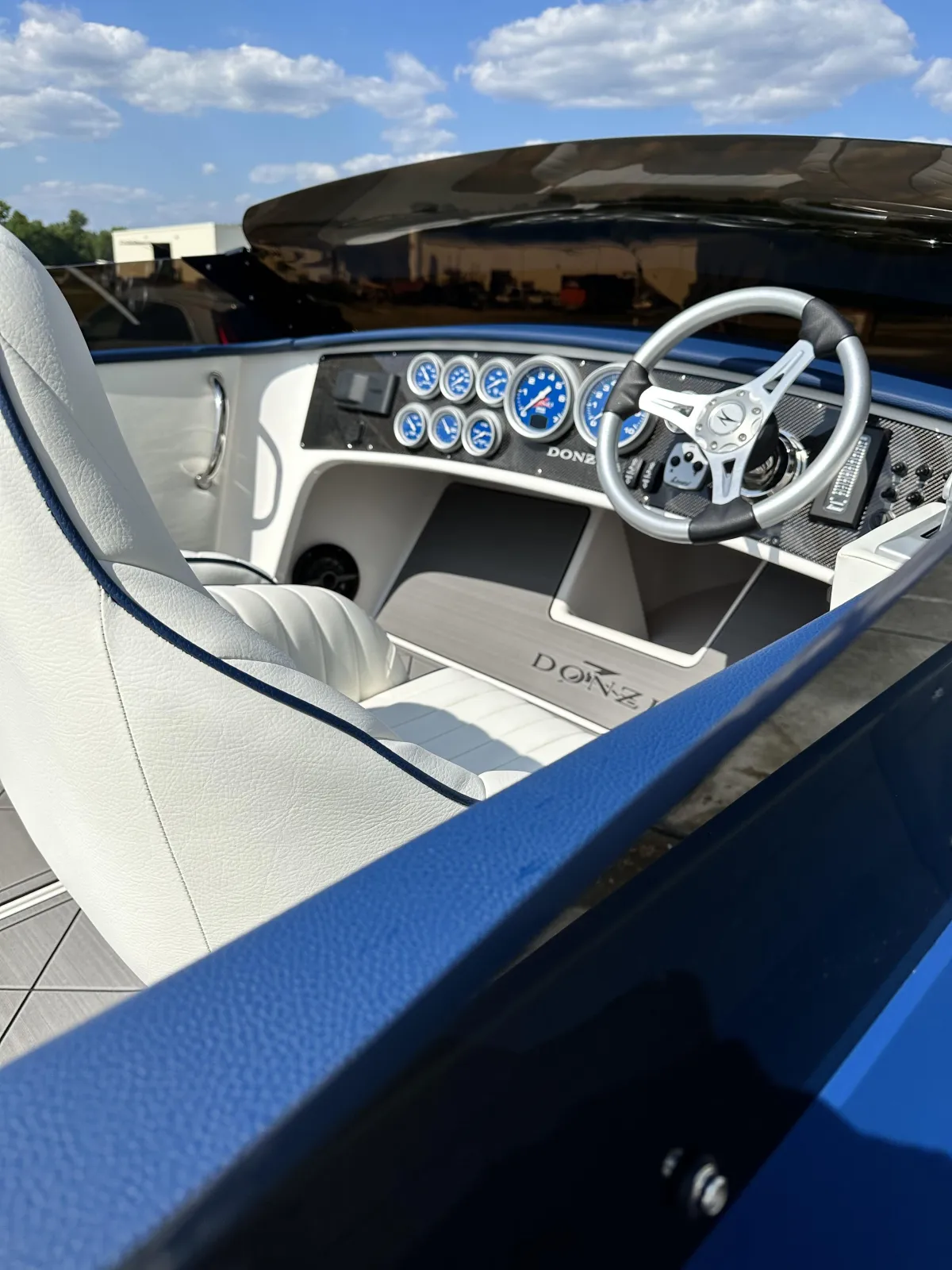
The Bullwhip Effect
The Bullwhip Effect - And How to Beat It
Boat sales have skyrocketed over the course of the COVID-19 pandemic. As demand increases and supply dwindles, the market is definitely on the side of the seller. But you have the tools to make a fair purchase.
More new boaters than ever are vying for boat purchases. According to the National Marine Manufacturers Association, sales of boats, marine products and services across the country have hit a 13-year high in 2020 to $47 billion, increasing 9% from 2019.
The center console segment, for example, is seeing a crush of buyer demand in a supply-strained market. “Our current and forecasted growth is….at a 35 percent increase due to sheer market demand for offshore/inshore fishing boats,” Sailfish President and CEO Rob Parmentier said in an announcement by the Georgia Department of Economic Development. Sailfish, which specializes in center and dual console boats, is adding about 70 jobs and will employ close to 200 people in southwest Georgia after a factory expansion due to the high demand.
The wake-sporting industry is experiencing similar, unprecedented gains. “This is hard to believe, but orders for Malibu and Axis boats during (our 2020) year-end sales event exceeded the number of orders received from last year’s year-end sales event and boat shows combined,” said Jack Springer, CEO of Malibu Boats, Inc., during a recent Earnings call. “This is a staggering statistic, seeing that boat shows historically been viewed as a vital factor to the health of the boating industry.”
What we are witnessing in the market is the result of a bullwhip effect, which, according to Wikipedia, is when “a final customer places an order, which increasingly distorts interpretations of demand as one proceeds upstream along the supply chain.” The marine industry prepared for a downturn at the outset of the COVID-19 pandemic, but instead, consumer sales jumped. The snap of customer demand brought on by the COVID-19 pandemic outpaced many manufacturers’ ability to respond, and the results have been smarting. Labor shortage and ground-down supply chains contributed to this effect last spring and summer by slowing - and in some cases halting - production of new boats and accessories.
“It is a perfect storm,“ says Matthew Vetzner, VP of Sales and Marketing for Sailfish Boats. “People have realized that boating is the best outlet for having fun in a socially distant way. But the pandemic’s strain on our supply chain and raw materials adds complexity to our ability to provide finished products. This is handcuffing our dealers with limited supply in a growing market.”
The situation amounts to the dealer - or seller - having more in control of the sale price for any new or used boat, RV, etc., all year. But that doesn’t mean a buyer-friendly price can’t be achieved. Here are tactics to use and tips to consider under these economic conditions when working on a fair purchase.
First, be patient. The fact that new buyers are in the market along with those of us who have been lifelong boaters suggests that this economic situation has staying power. Don’t get annoyed. Time is on your side.
Second, be flexible. Consider multiple brands and ask yourself what five activities you want to accomplish on the water (not just one). You may have a hard time finding a new Malibu sport boat, for example, but that doesn’t mean you can’t go to a competitor, a different market, or consider a sterndrive.
“We are fond of saying nothing should get in the way of fun on the water, literally, and that includes motors at the back of the boat,” said Oliver Ray, senior manager business development at Ilmor Marine, in an article with Boating Industry Magazine. “To a family simply trying to spend a nice day on the water swimming and climbing in and out of the boat…sterndrives really have the advantage.”
There are lots of other options and pathways, especially if you are willing to consider the used boat market. “We've got a lot of orders lately from customers who own used boats,” says Jay Povlin, COO of GatorStep LLC, a manufacturer of marine decking and non-skid applications. “These owners are buying products like ours to make their boat look new, or to dress it up to resell easily to get something else that they want.”
Third, cast your net wide, and be ready to pounce. You have to find out what is available in your regional - not local - market. Apps like Nextdoor and Owner Group pages on Facebook can help. When you have widely researched inventory and found a match, you're going to have to act quickly. You may have to travel a little bit to get it. You’ll need to be pre-approved on a loan, or have the cash available. If you are looking at a used boat, you’ll have to check that has been surveyed and find out whether there is any kind of transferable warranty from the owner to you.
Fourth and most obvious, make sure you know what you are paying for. See Dealer Cost is an unprecedented online resource to uncover the manufacturer-dealer agreed price on boats, engines, RVs, powersport products and their accessories. The dealer/seller wants your business and will make a good deal if you have done your homework and are willing to make a fair purchase.
In the end, “Every aspect of the market has picked up. It wasn't just that used boats were hot, or new boats were hot, but that the sport has become more prevalent,” adds Jay Povlin. “This gives all of us in the industry a chance to employ more people and get more products out in the field.”
Now that is some good news for all of us.